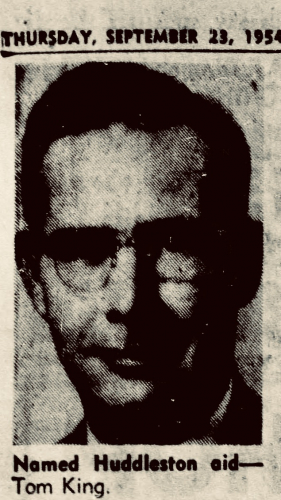State of Alabama Senate 1971-1974 Composite
Date & Place:
in Alabama United States


 Rebekah King Fahey
Rebekah King Fahey 
